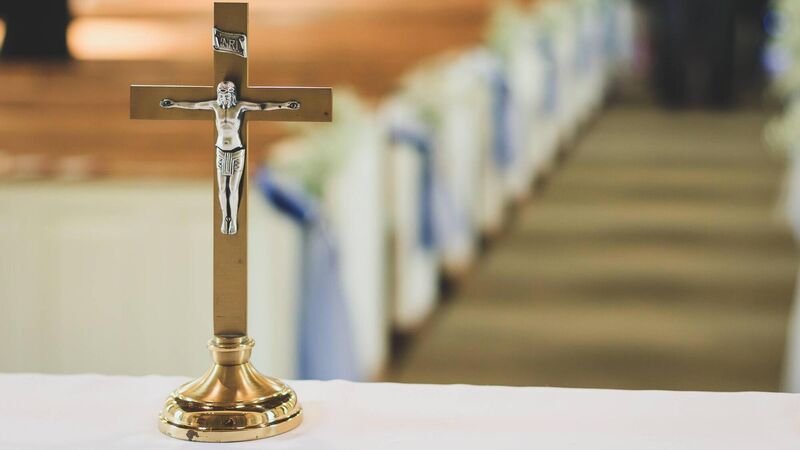Sarah Harte: The Catholic Church can still act as a lifeboat to the disenchanted

The international image of the Roman Catholic Church remains one of a powerful, authoritarian, conservative, patriarchal, wealthy and corrupt organisation that has presided over systematic sexual abuse, covered it up and sought to avoid paying for redress.
Sally Rooney has a new book out. The Church, whose attendance is way down, might do well to read Rooney’s novels where the flame of Catholic religious curiosity flickers strongly in the millennial characters. In some ways, she reminds me of a contemporary Graham Greene preoccupied with men and women’s inner struggle and search for meaning. Both have entertained Marxism, criticised American foreign policy, and recognise the pull of questions that are larger than us.
Reading Rooney’s latest offering , it strikes me that there might be an opportunity for the Church to proselytise to a new generation of young people among the Church of Rooney fans. Her characters flirt with Catholicism or explore their faith while essentially setting into the supposedly protective enclave of traditional heteronormative relationships (older women who have walked the walk may have a different view). There’s even a strong element of gender roles with a side-serving of elective sexual submission from females. Men get to be dominant, and women get to be women. Sound familiar? Atomised and fragmented family structures have long been a preoccupation of the Church.















